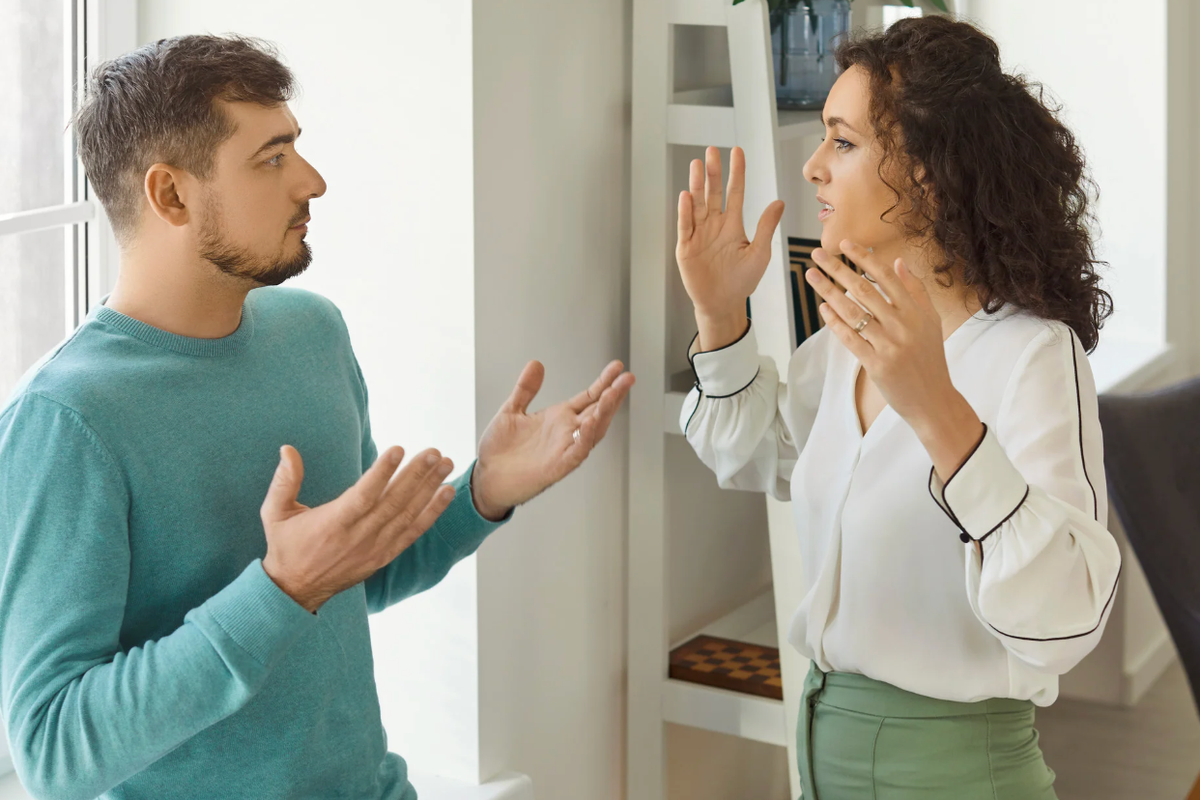What this photographer did after the election to make sure women are seen and heard.
"Everyone I spoke to said something about moving forward. More than ever I saw the resilience of women.”
On the day after the election, New York photographer Dorie Hagler set up her camera in a busy location and got to work.
Hagler has made a project of taking photos of women on days that are significant to them, like Mother's Day, Equal Pay Day, and International Women's Day. She calls it "Me & Eve." The day after an election in which Donald Trump, a man who has harassed, demeaned, disrespected, and demonized women, became the president-elect of the United States felt just that: significant.
So Hagler picked a bustling, public place — in this case, Grand Central Station in New York — and set up her camera, laptop, and small printer. Usually, she photographs average women to give them the opportunity to be seen and heard. After she takes their picture and gives them a copy of it for free, she asks each woman to share something memorable that happened in her life that wouldn't have happened if she wasn't a woman.
On this day, however, she asked a more election-related question: "What now?"
The responses she got, Hagler says, were "surprisingly hopeful."
"Everyone I spoke to said something about moving forward. More than ever, I saw the resilience of women."
1. Like this woman, who called for people to "rise up in the face of racism, fascism, and misogyny."
“I think first we need to do a lot of reflection and some collective critique. We have to rise up and unite. It’s been the case with movements that they can’t unite internally. You have to unite around priorities: health, safety, equality. We need to rise up in the face of racism, fascism, and misogyny. Turn the tears to positive rage and passion. You can’t just be depressed and wait four more years. Even Obama’s movement didn’t stay together, didn’t support him with his policies. No we are stuck with a white supremacist.” — Eva Golinger
2. And this woman, who wished she was old enough to vote.
“I wish I could have voted. If younger people could have voted, the outcome would have been different. In my High School we had a mock trial and Hillary won. Our generation is next to vote and we have hope. After the next four or eight years, we will have a chance to change and fix things. We are more progressive and we are more hopeful.” — Arianna O’Hara
3. This woman shared a conversation she had with her sons.
“I spoke with my sons this morning. They are sad about the outcome of the election and they also always pick up what we are feeling. I really believe that change starts close to home. Now is the time for acts of kindness and introspection and finding ways to lift ourselves and everyone else up. We need to open our hearts more, even if we really don’t feel like doing it today, we need to.” — Andi Schreiber
4. And this woman shared her frustration with negative stereotypes about women.
“We have to stay positive, keep moving forward and keep trying. The issue that bothers me the most is that women don’t get paid the same as men. It is based on a stereotype that women don’t perform in their job as well as men. But that just isn’t true.” — Lea Adams
5. This woman had a message of resilience and resistance.
“I hope there is a difference between what Donald Trump says and what he does. I hope he was just talking. Women should be strong and not accept this as a loss. Do your thing and don’t let him stop you. I was just traveling in Iceland and the women there protested the 14% wage gap by walking out of their jobs 14% early. Then the next day, they took to the streets with pots and pans. Don’t give up.” — Danielle Schäfer
6. And this woman had a message of hope.
“Hopefully everyone else in Congress can keep him in control and not let him start a violent war. I will do the best I can do to be the best I can be and not let Donald Trump negatively affect me.” — Samantha Galente
7. This woman expressed what a lot of people are feeling right now — a fear of the unknown.
“I’m looking for the silver lining. People are so polarized right now that maybe the outcome of the election will help us come together. It is the unknowns that scare me, but I hope I am surprised in a good way. Let’s not feel like something has been taken away from us.” — Michelle Medina
There is no simple answer to "what now?" but one thing is clear: We are not powerless.
Hagler's intent with this project is to let everyday women be seen and heard. If there's one thing we've learned from this election, it's that women should to be seen and women should be heard. A woman who was, arguably, the most qualified presidential candidate in recent history lost the election to a man who was the walking talking epitome of sexism — and while there's no one factor that led to her defeat, it's clear that sexism and misogyny played a part in it.
So, what now? Now, more than ever, we need to normalize the idea of women in power. Now, more than ever, we need to call out sexism when we see it. Now, more than ever, we need to implement hiring practices that give women equal opportunity to men. Now, more than ever, we need to question our subconscious biases. Now, more than ever, we need to let little girls and little boys know that women can be great leaders.
Not all women voted for Hillary Clinton, but roughly 54% did — and she won the popular vote by more than a million votes. People were ready for her to bust through that glass ceiling. By vehemently opposing sexism and misogyny when we see it now, maybe the next time a woman runs for the highest office in the country, she won't have to do it while jumping through twice as many hoops as her male counterparts and being held to an impossible standard.
President-elect Donald Trump is the hand we've been dealt for now. We can hope for the best, but we also can't stop trying to make progress on our own. For the next four years, women should be seen and heard from those walking to work in Grand Central, to those in the oval office. Make it happen, America.






